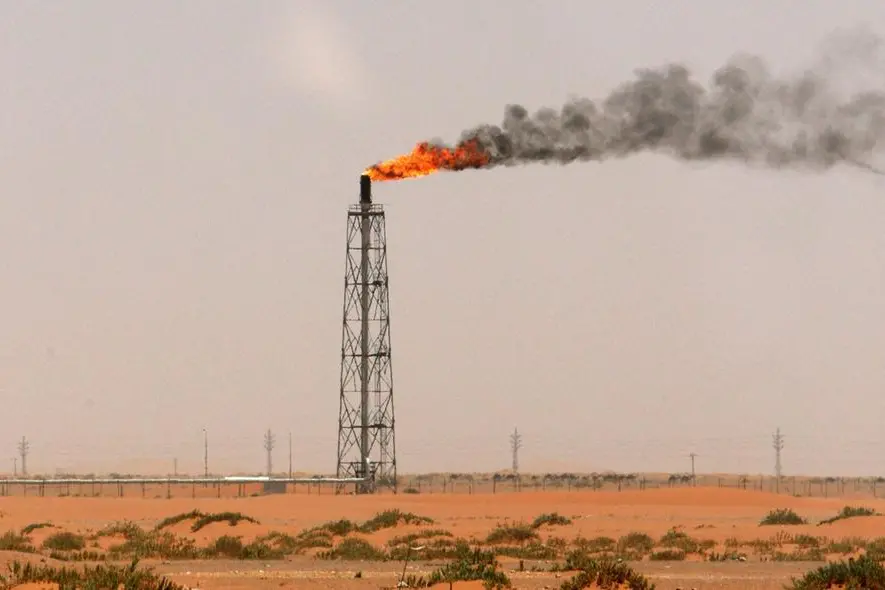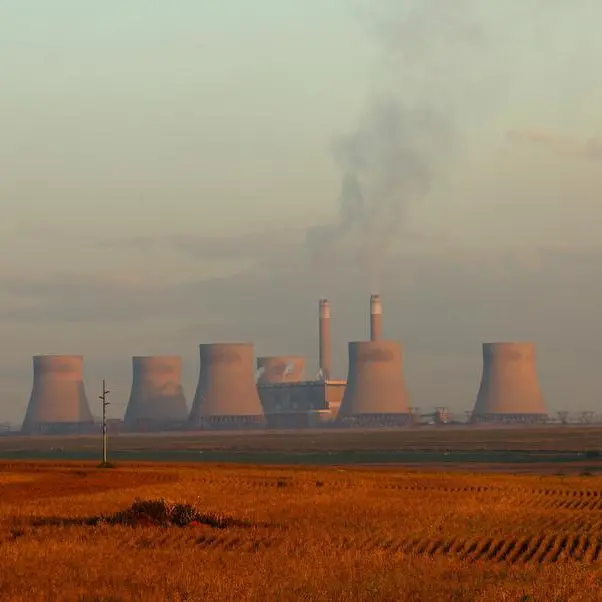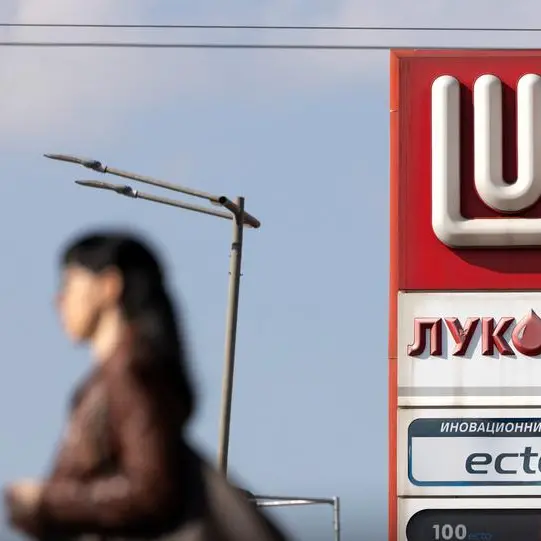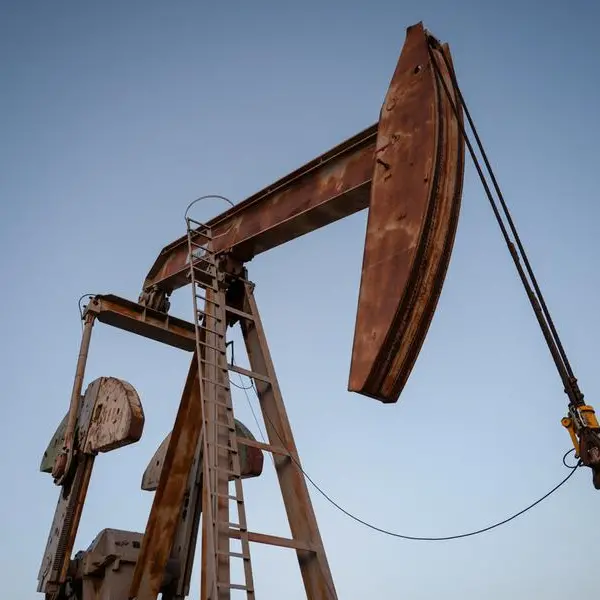PHOTO
Middle East hostilities boosted oil prices at the weekend close to $80 a barrel , which is higher than the average breakeven price needed by Gulf crude producers to either achieve a fiscal surplus or keep their deficits in check.
Prices surged by at least nine percent on worries that the attacks could set off wider Middle East hostilities that would disrupt energy supplies.
Prices of Brent crude, the international benchmark, jumped at the start of the conflict to nearly $78 a barrel and analysts fear it could surge further if the hostilities continued.
The fears are stoked by the fact that Iran holds a strategic position on the northern side of the Strait of Hormuz at the exit of the Gulf.
That means Iran could block oil and natural gas exports from other Mideast oil producers in retaliation for the Israeli strike. More than 20 percent of the world’s seaborne oil shipments pass through the narrow waterway.
“The surge in oil prices is good for the budgets of the Gulf countries but this is not good if prices continue to rise as this will stifle demand for their oil,” said Jamal Banoun, a Saudi economist who heads the Riyadh-based SMC consultancy centre.
“Prices are now ok…they were not ok when they were below $70 before the Israeli attack on Iran and they are not ok if they reach $100…this price is not good for both the consumers and producers,” he told Zawya Projects.
Most Gulf Cooperation Council (GCC) countries, which produce 17 million barrels per day and rely heavily on crude sales, have tailored their budgets to a $70 price in 2025.
In the case of Saudi Arabia, the world’s dominant crude exporter, the budget was based on that price for a deficit of 101 billion Saudi riyals ($27 billion) and on more than $90 for a shortfall-free budget. Kuwait and Oman have forecast a $70 price while that price could allow Qatar and the UAE to achieve a surplus given their large gas exports.
Bahrain, which has little oil, a breakeven price of around $82 is needed for a balanced budget, the IMF said in a report in late 2024.
The price leap came after prices languished at below $70 over the past weeks following worries that demand would further slow down due to rising threats of a trade war.
There were fears prices could further dip after reports about a headway in nuclear talks with Iran since this will usher in the full return of sanctions-hit Iran to the oil market.
“The talk last month was that GCC countries may suffer from a wider deficits due to low oil prices…if the current situation escalates, we can say that these countries may record lower deficits or even surpluses…what will help them is that they have increased their oil production as per OPEC Plus decision,” said Nabil Al-Marsoumi, an energy and economics professor at Basra University in South Iraq.
(Reporting by Nadim Kawach; Editing by Anoop Menon)
Subscribe to our Projects' PULSE newsletter that brings you trustworthy news, updates and insights on project activities, developments, and partnerships across sectors in the Middle East and Africa.





















